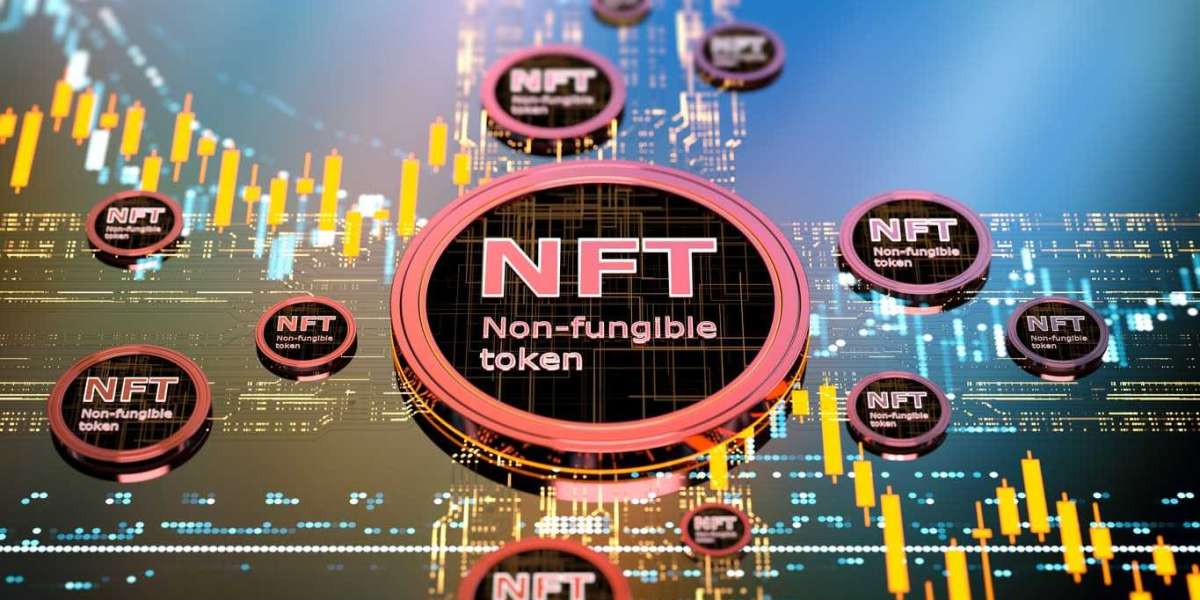The rise of non-fungible tokens (NFTs) has transformed the way we buy, sell, and trade digital assets. NFT marketplaces have become the go-to platforms for artists, collectors, and investors looking to engage in this booming market. Understanding how these marketplaces operate is essential for anyone interested in the world of digital collectibles.
What Is an NFT Marketplace?
An NFT marketplace is an online platform where users can create, buy, sell, and trade NFTs. These marketplaces serve as intermediaries, allowing creators to showcase their digital art, music, virtual real estate, and other unique assets to potential buyers. Each NFT on these platforms is backed by blockchain technology, ensuring its authenticity and ownership.
How NFT Marketplaces Work
NFT marketplaces typically allow users to mint (create) their NFTs, listing them for sale or auction. Buyers can browse through various categories, filter by price or popularity, and make purchases using cryptocurrencies. The process is often simple: after a successful transaction, the NFT is transferred to the buyer's digital wallet, and the seller receives payment.
Most marketplaces charge a transaction fee or a percentage of the sale price, which helps sustain the platform. Popular NFT marketplaces include OpenSea, Rarible, and Foundation, each offering unique features and user experiences.
Benefits of NFT Marketplaces
One of the primary benefits of NFT marketplace is accessibility. They provide a platform for artists and creators to reach a global audience without the need for traditional galleries or auction houses. Additionally, these marketplaces often enable artists to earn royalties from secondary sales, ensuring they continue to benefit from their work.
NFT marketplaces also foster a sense of community, allowing collectors to connect, share, and engage with like-minded individuals. This interaction can enhance the overall experience of buying and selling digital assets.
Challenges in the NFT Marketplace
Despite their popularity, NFT marketplaces face several challenges. The volatility of the crypto market can lead to fluctuating prices, making it difficult for both buyers and sellers to gauge the value of an asset. Moreover, concerns about copyright infringement and plagiarism are prevalent, as digital assets can be easily copied and shared.
Environmental concerns related to the energy consumption of blockchain networks also raise questions about the sustainability of NFTs. Many marketplaces are exploring eco-friendly alternatives to address these issues.
Conclusion
The NFT marketplace represents a significant shift in how we perceive and engage with digital assets. As technology continues to evolve, these platforms are likely to become even more integral to the art and collectibles landscape. For artists, collectors, and investors alike, understanding NFT marketplaces is crucial for navigating this exciting new frontier in digital ownership.














